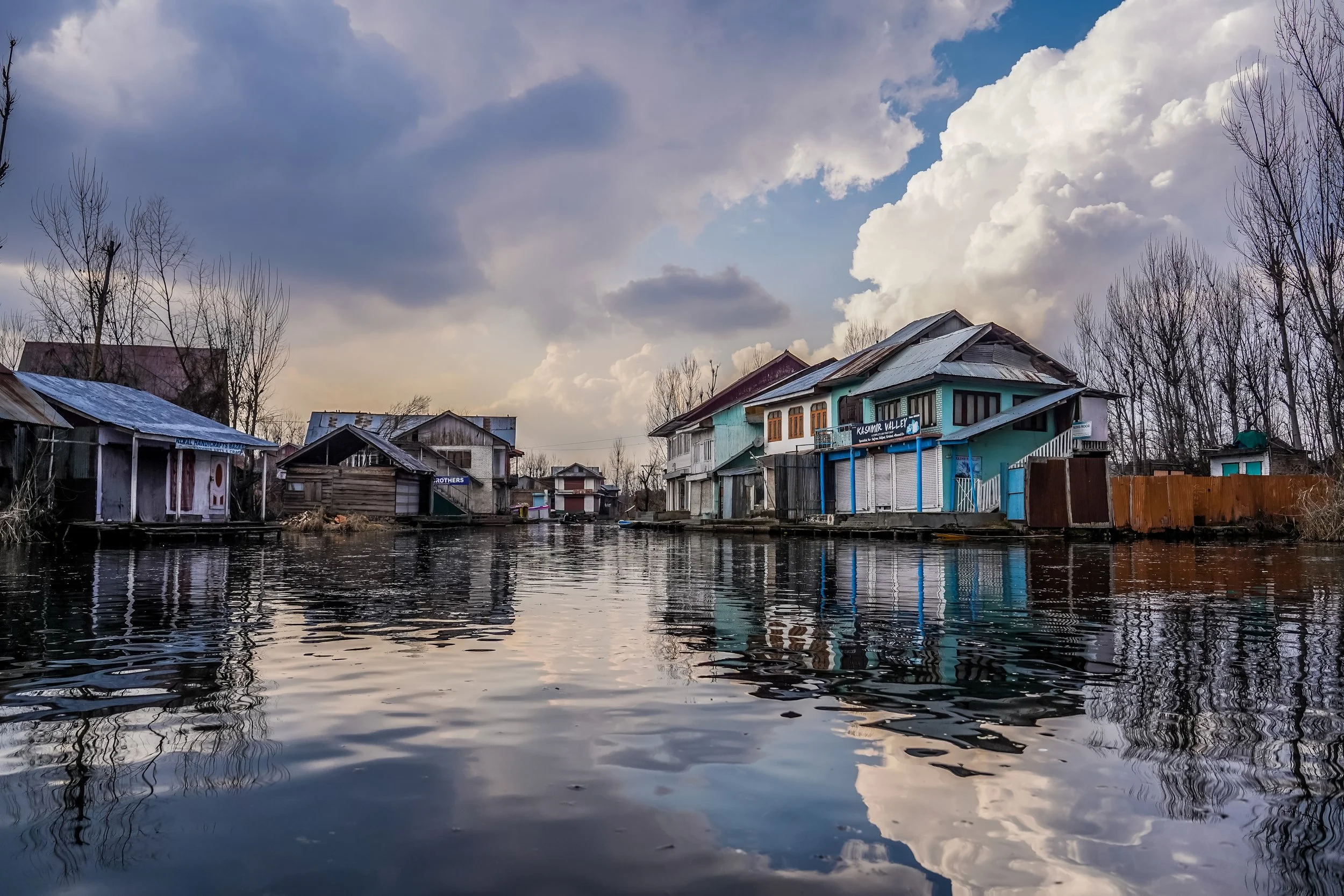One Year into the IRA, L4GG is Fighting to Ensure No Community is Left Behind
As we mark the first anniversary of the Inflation Reduction Act (IRA), there's much to celebrate. But there are also pressing questions to address. At the heart of this reflection is a critical concern: Is the landmark Justice40 Initiative, under President Biden’s administration, genuinely steering 40% of funding to our nation's most disadvantaged populations?
The IRA, in just one year, has catalyzed the creation of approximately 170,060 jobs across 44 states. It has injected a staggering $278 billion in investments into the economy, sprouting 272 new clean energy projects that have reached both our bustling cities and quaintest towns. However, as these impressive numbers roll out, we must pause and ponder: Are Black, brown, and historically marginalized communities truly benefiting? Are they even aware of the myriad of opportunities, like the Direct Pay tax program, lying at their doorstep?
Jillian Blanchard, L4GG’s Director of Climate Change and Environmental Justice, raises a poignant observation, “The Biden Administration has made some incredible strides in moving the clean energy market and investing in disadvantaged communities…but it needs to do a better job of communicating these opportunities to the American people and sharing success stories.” This remark, while acknowledging the strides taken, also underscores the journey ahead.
So, how is L4GG acting on this?
Empowering through Knowledge: Recently, we hosted a comprehensive free legal training centered on the Direct Pay initiative. This session, facilitated by experts from tax, project finance, and energy law sectors, educated over 200 entities. The attendees ranged from state and local governments to frontline communities. They were equipped with strategies to tap into elective pay for innovative green projects.
Standing Up for Marginalized Communities: At L4GG, we believe in direct action. Through our Decarbonization and Climate Resilience Funding Clinic, we are actively offering pro bono representation to overburdened communities. An example is our representation of the Indiana NAACP at the IURC. The objective? To influence state-wide EV infrastructure policies, ensuring they cater to the needs of all. This mission was showcased in a recent press conference that united Black equity leaders from Indiana. You can watch the press conference to learn more about the Indiana NAACP’s mission here.
Mapping the Road Ahead: We will soon release an updated version of our 50-state Disadvantaged Communities Report. This document aims to shed light on best practices for implementing Justice40, promote genuine community engagement, and establish methodologies to truly identify and uplift disadvantaged communities.
Looking back at a year since the IRA’s inception, our nation stands at a pivotal juncture. We have the tools, the resources, and the intent. The challenge now is to ensure that the benefits of our green transition reach every corner of our nation, leaving no community in the shadows.
Lawyers play an indispensable role in this narrative. Their expertise can serve as the bridge that connects disadvantaged communities to the complex web of climate legislation. Through understanding, advocacy, and representation, they can demystify the opportunities and funding available, ensuring everyone gets a fair share of the green future. L4GG will continue to mobilize the legal community to champion the causes of overburdened communities, simplify the intricacies of laws like the IRA, and fight for an equitable future!




